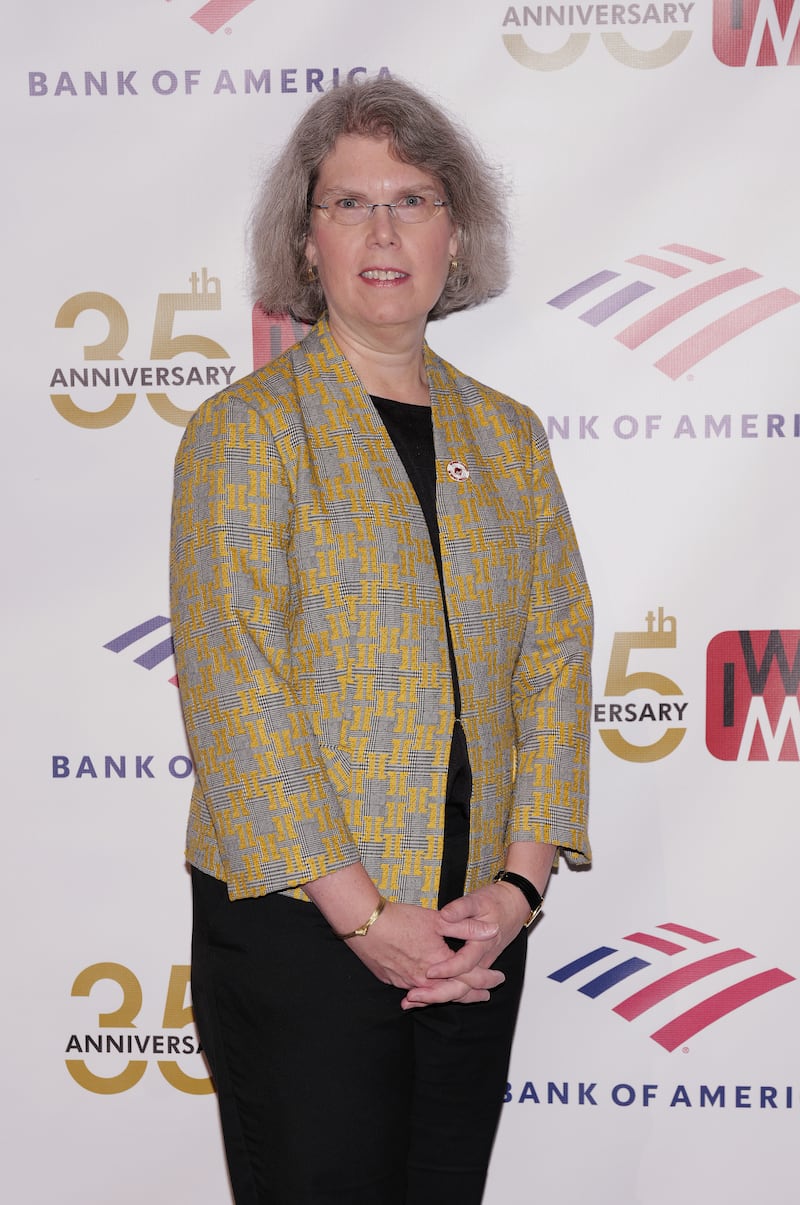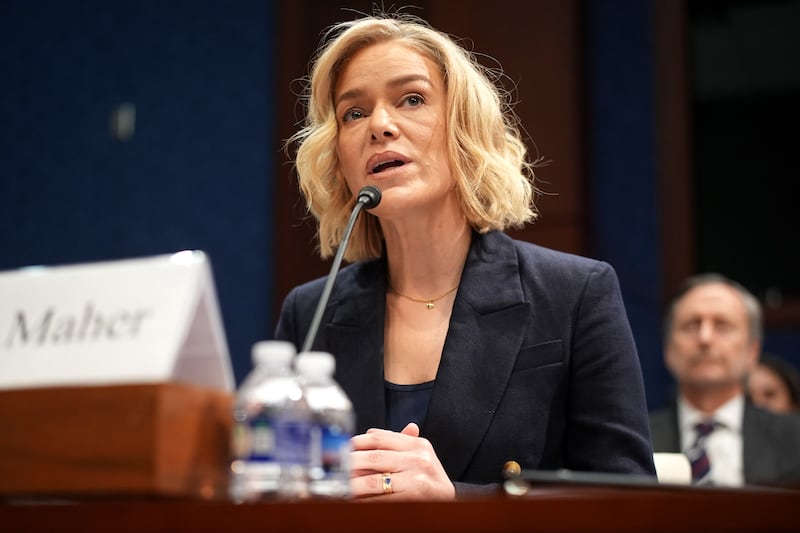NPR’s top editor announced on Tuesday that she would leave the public news organization later, cementing a year of disarray after Congress voted to defund the public radio network.
Edith Chapin, NPR’s editor in chief and chief content officer, informed CEO Katherine Maher of her plans to leave before Congress voted last week to cull $1.1 billion in public funds for the Corporation for Public Broadcasting, which distributes it to NPR, according to The New York Times.

Chapin, who joined NPR in 2012 from CNN and became its executive editor in 2015, took the role in 2023 after then-CEO John Lansing merged the newsroom with its podcasting division. She told staffers on Tuesday that leading its newsroom was an “honor of a lifetime.”
“I will leave deeply proud of what we’ve accomplished and confident in the strength and integrity of NPR’s newsroom going forward,” she wrote.
The organization is searching for a new editor, it said on Tuesday. Chapin will remain as head of its news operations until then.
Chapin told NPR’s David Folkenflik on Tuesday that it was her choice to leave and that it had nothing to do with NPR’s fight to save its public funds. She said she expects to remain in the role through either September or October.
“I have had two big executive jobs for two years and I want to take a break,” she said, according to NPR. “I want to make sure my performance is always top-notch for the company.”
“Edith Chapin is a leader in journalistic integrity, a champion for the newsroom, calm in the storm—and an indispensable partner during my first year at NPR,” Maher said in a statement. “Edith laid the foundation for a stronger public radio, and set us on a solid path with her expert navigation. She has led with conviction, clarity, and compassion—always putting the public’s interest first. Her impact on NPR’s journalism and on the many people she mentored and supported over the years is immeasurable.”
Chapin took the role just after the organization laid off 10 percent of its staff, indicating the company’s financial struggles years before Congress would cut its public funding.

A year later, then-senior business editor Uri Berliner excoriated NPR in an essay for Bari Weiss’ anti-woke publication The Free Press. He claimed the company had succumbed to appeasing Democrats and turning a blind eye to stories that would make liberals look bad, name-checking pieces on COVID-19 and the Trump campaign’s ties to Russia in 2016.
Chapin defended NPR’s journalism in a note to staffers, saying NPR was “proud to stand behind the exceptional work that our desks and shows do to cover a wide range of challenging stories,” though she later introduced a new editing layer to put stories through more scrutiny.
Berliner eventually resigned from NPR after it suspended him for penning the essay for a different publication without approval, and he later joined The Free Press. Republican lawmakers eventually seized on Berliner’s remarks as proof NPR catered to liberals, helping their years-long quest to cut its public funding succeed.
Chapin and Maher worked this year to shore up support for NPR and PBS’ public funds, but President Donald Trump’s vengeful demands for Congress to cut their funding— or risk losing “my support or endorsement—led his proposal to cut funding to pass last week.







